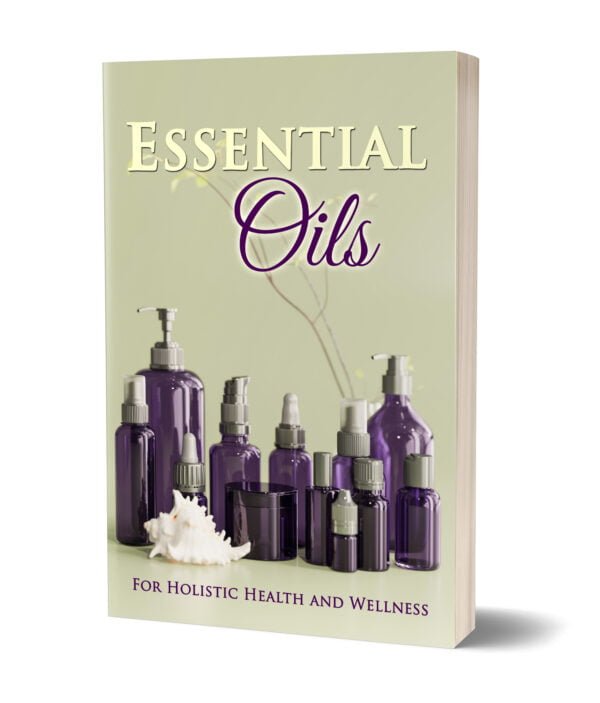Introduction to Essential Oils
Essential oils have been used for centuries in various cultures for their medicinal and therapeutic properties. Derived from plants, these concentrated oils offer a natural way to support holistic health and wellness. In recent years, their popularity has surged, with many people incorporating them into their daily routines for physical, emotional, and mental well-being.
Physical Health Benefits
One of the primary benefits of essential oils is their ability to support physical health. Many essential oils, such as eucalyptus and peppermint, have anti-inflammatory and antimicrobial properties, making them effective in treating minor ailments like colds, headaches, and muscle pain. Additionally, lavender oil is renowned for its calming effects, helping to alleviate stress and promote better sleep.
Emotional and Mental Well-being
Essential oils can also play a significant role in enhancing emotional and mental well-being. Aromatherapy, which involves inhaling the scent of essential oils, can have a profound impact on mood and mental clarity. Oils like bergamot and chamomile are known for their uplifting and calming effects, making them useful in managing anxiety and depression. Regular use of these oils can create a sense of balance and harmony in one’s life.
Integrating Essential Oils into Your Routine
Incorporating essential oils into your daily routine can be simple and rewarding. They can be used in diffusers to fill your home with their therapeutic scents, added to bathwater for a relaxing soak, or even applied topically with a carrier oil for targeted benefits. The key is to choose high-quality, pure essential oils and to use them safely and appropriately to maximize their benefits.
In conclusion, essential oils offer a natural and holistic approach to health and wellness. By understanding their benefits and integrating them into your lifestyle, you can enhance your overall well-being in a safe and effective manner.





1 Comment